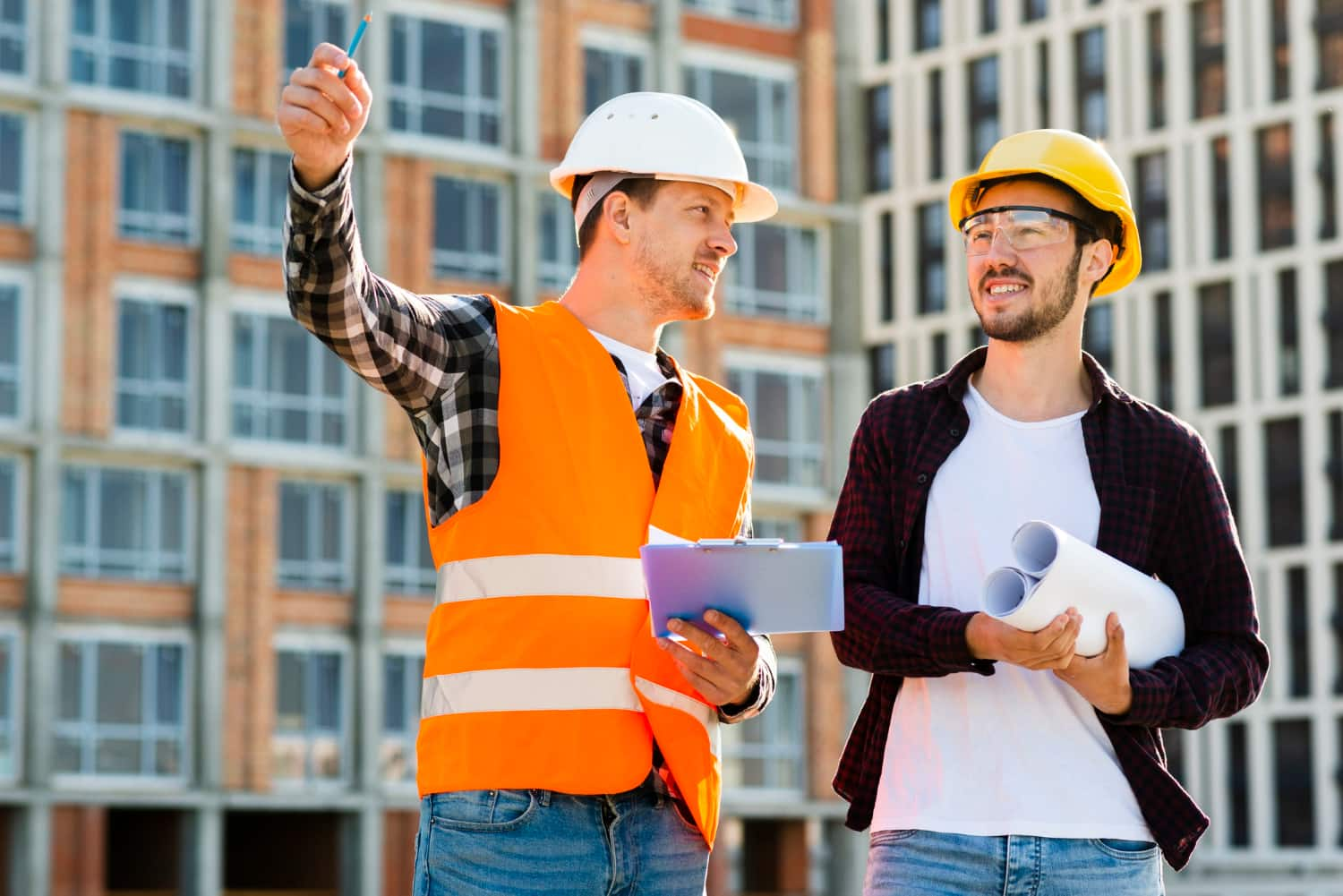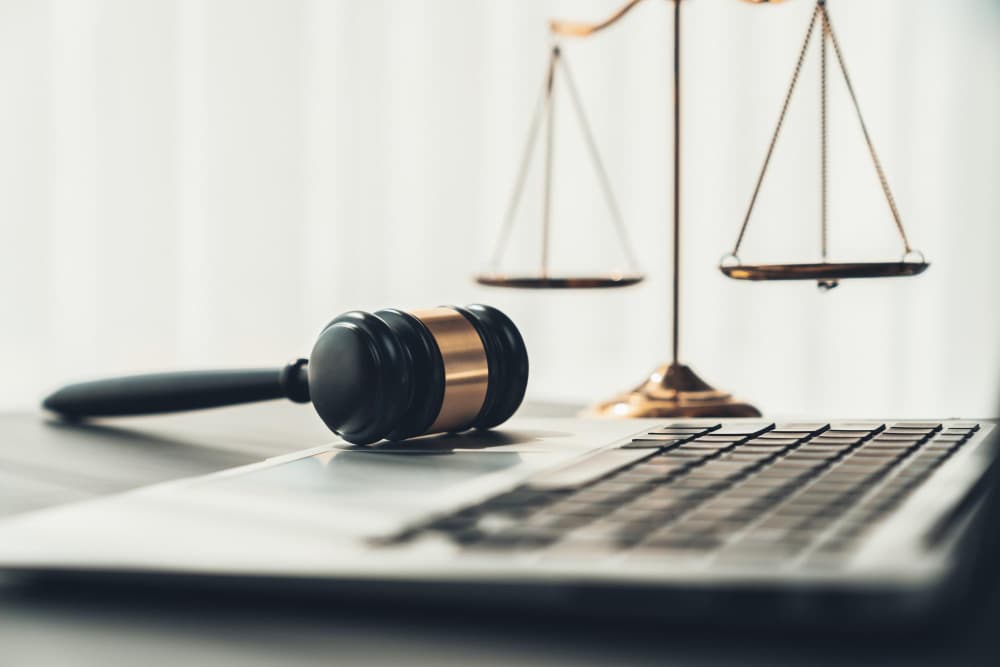It’s easy to forget why building inspections matter and why you should do them. They’re a lot of work and add to the piling costs of acquiring property. But you should check this off your list— not just because it’s good for you and every future occupant, but because you’re required by law to complete this task.
But what laws require building inspections in Australia? What are the required building inspections, and which are nice to have? Look at all the legal requirements for building inspections in Victoria, Australia.
Why are Building Inspections Important?

Let’s start by establishing why building inspections are important in the first place. Here are some reasons why you should complete a building inspection. They:
-
Ensure that your desired or current building work adheres to the standards set by the Building Act 1993, the Building Regulations 2018, AS4349.1-2007 Inspections of Buildings, and the National Construction Code (NCC).
-
Safeguard the health and safety of the public and the occupants of the building.
-
Assess whether the construction has been completed in alignment with the building approval documentation.
-
Verify that the work being carried out matches the work described in the building permit.
What Laws Should You Know About When Getting Building Inspections?

Many laws intersect with building inspections, but three major ones are in the middle. Let’s take a look at each one and summarise:
Building Act 1993
- Establishes the framework for regulating building construction, maintenance, and inspection processes in Victoria.
- It provides the legal foundation for enforcing building standards, issuing permits, and defining the roles and responsibilities of building practitioners.
- This law’s primary purpose is to ensure the health and safety of people using buildings and to enhance the amenity of buildings.
Building Regulations 2018
- Specify the detailed requirements in building design, construction, and alteration.
- Provisions for building permits, inspections, occupancy permits, and enforcement measures should be included to ensure compliance with the Building Act 1993.
- Outline the mandatory inspection stages during construction and ensure that work complies with the approved plans and building codes.
National Construction Code (NCC)
- A unified code that sets the minimum required standards for the construction and performance of buildings throughout Australia, including Victoria.
- Covers structural adequacy, fire resistance, accessibility, energy efficiency, and health and amenity.
- Ensures buildings are safe, healthy, and durable.
Which Building Inspections are Mandatory?
When building a home, your permit or approval will determine your necessary inspections. The required building inspections might differ depending on where in Australia you are, but usually, a building surveyor has to check and approve:
- Footings Inspection — Checking the digging work for your house's foundation.
- Slab Inspection and Base Stage Inspection — Checking your home’s concrete floor.
- Framing Inspection — Checking the skeleton of your house.
- Final Inspection — A complete check of your finished house to ensure everything meets the rules.
At each of these critical steps, the building surveyor must be satisfied with the work before approving the project. If a problem exists, you’ll need to fix it to their satisfaction before they give the go-ahead.
Builders might also ask for inspections at other times (like when the house is lock-up ready) which matches up with when they ask for payment. It's really smart to have a professional look over the building work. If you can, it's always better to have more inspections to ensure everything is as it should be.
Who Pays for Building Inspections?
Typically, the buyer pays for the building inspector. If you’re buying a property, it’s part of your due diligence before you purchase a property.
What’s Not Included in a Building Inspection?
Building inspections have some limits to keep in mind:
- Inspectors only look at parts of the property they can easily and safely get to at the time of the inspection. If they can't get to an area safely or are not allowed to, they won't inspect it. You can ask for another inspection if you make these areas accessible later.
- The inspection is just looking around without moving or breaking anything. This means they don't take anything apart or move your stuff to inspect.
- They compare the building to others built around the same time and maintained properly, looking for any major weaknesses or problems.
- The inspection won't cover hidden areas like inside walls or under floors, and the inspector won't do any digging or forceful checking.
- The report you get doesn't guarantee that the building meets all legal standards or will not have problems later.
- The report might give you a rough idea of repair costs, but these are guesses. Always get an accurate quote from a professional for any work needed.
- If the building is full of stuff or furnished, it might hide problems that only become apparent when things are moved. Empty the property before you start an inspection.
- In buildings with shared areas, like apartment blocks, the inspector only checks the inside and immediate outside of the unit you're interested in. You might want to check shared spaces separately.
- Weather can hide some problems, so something not visible during the inspection might appear later in different weather.
Conclusion
There’s so much more to building inspection legalities, but these are the basics you should know about. It helps to be well-informed about these things when buying a property. That way, you know what you’re getting into, what’s expected of you, and what you can expect from a building inspector.
Are you looking for a building inspector to work for? Vetted can help you find the right fit. Check out our directory by signing up today.

